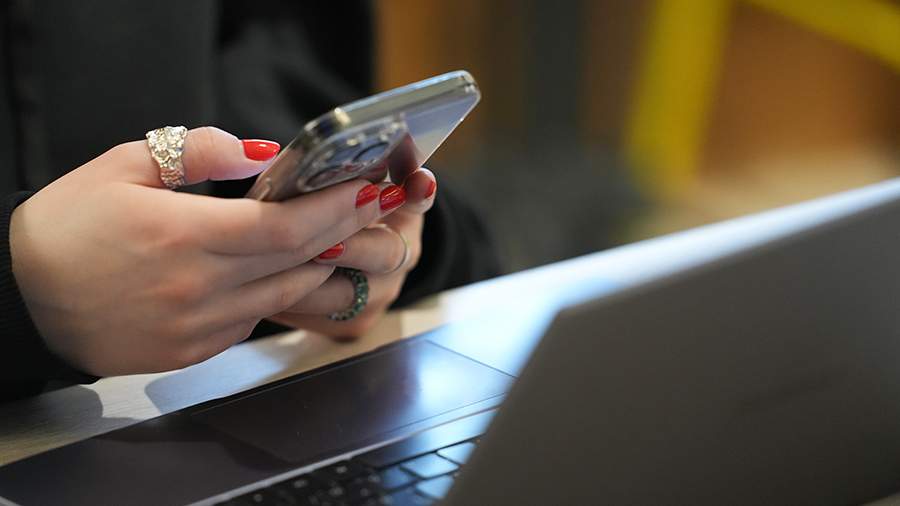The expert listed the rules of digital hygiene

In the digital age, personal data protection is becoming critically important. Fraudsters are constantly improving their attack methods, and information leaks can lead to serious consequences. Boris Lopatin, MegaFon's senior expert on fraud investigation, told Izvestia on April 13 about the rules of digital hygiene that will help secure personal data.
"Tablets, computers, phones and other gadgets accumulate data over time, which can not only slow them down, but also increase the risk of cyber attacks. Regularly cleaning devices of unnecessary data such as browsing history, trash, cookies, unused applications, old emails and downloaded documents helps to speed up work and reduce the likelihood of fraud using this information," he explained.
According to him, weak passwords are another direct threat to digital security. Simple combinations like "123456" are hacked instantly, leaving data and finances unprotected. To securely store and generate passwords, he advised using special applications — they eliminate the risk of forgetting a password and allow you to create complex combinations that are difficult for hackers to crack.
Each update of the operating system and applications helps to eliminate critical vulnerabilities of smartphones and other devices. The expert recommended that you do not ignore notifications about updates and download them in a timely manner. In addition, it is worth installing antivirus protection and performing a complete memory cleanup before disposing of the device — these mandatory precautions will prevent data leakage.
At the same time, social networks and messengers have become a new territory where scammers are looking for their victims. The phishing links sent there to fake websites disguised as banking and other seemingly reliable portals mislead thousands of users every day. Lopatin stressed that it is worthwhile to be critical of any messages from strangers, as well as links and files that could have been sent even by contacts you know. You should try to clarify what kind of resource or file it is, and contact your interlocutor through other channels.
In addition, according to the expert, reasonable caution when posting content on social networks does not hurt. One thoughtless photo of a document or geolocation mark can become the key to a user's privacy for an attacker.
Earlier, on April 11, it was reported that 86% of Russians surveyed are anxious about modern technology. This is stated in the results of a study by the IT company Cyberprotect and the business social network TenChat. The biggest concern is the threat of account hacking, as stated by 32% of respondents. At the same time, 30% are worried about a possible data leak from biometric systems.
Переведено сервисом «Яндекс Переводчик»

